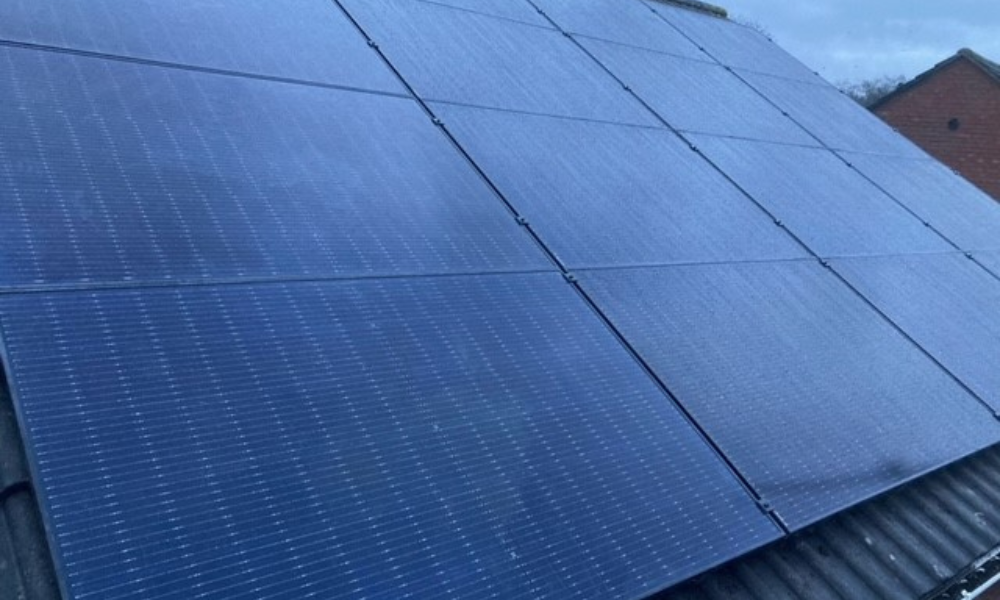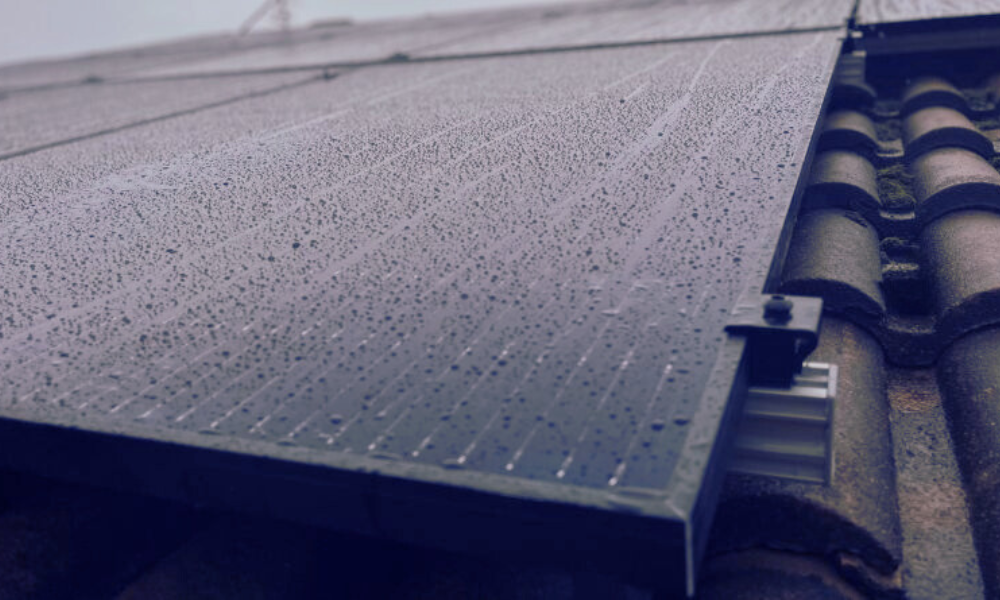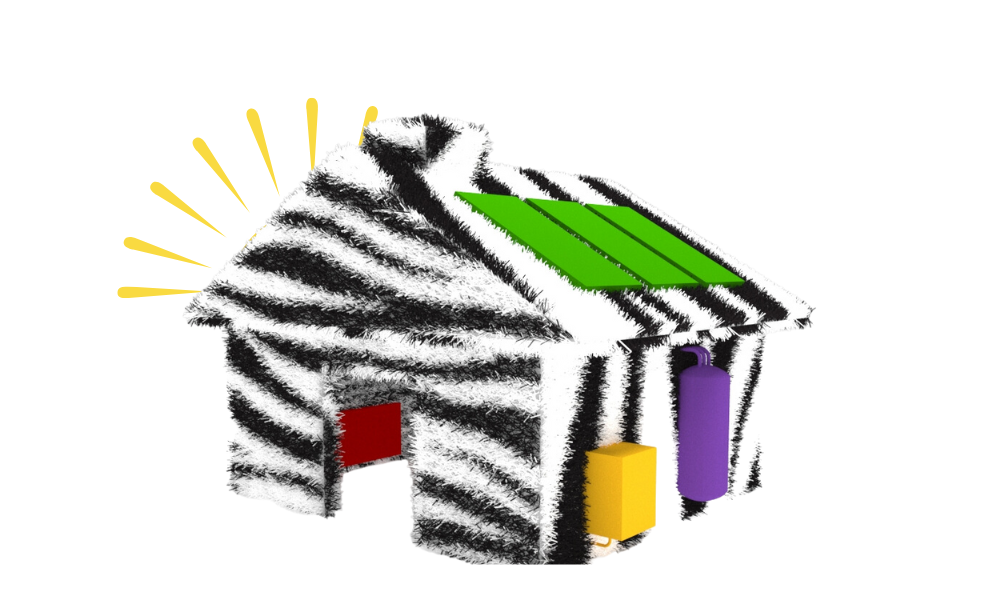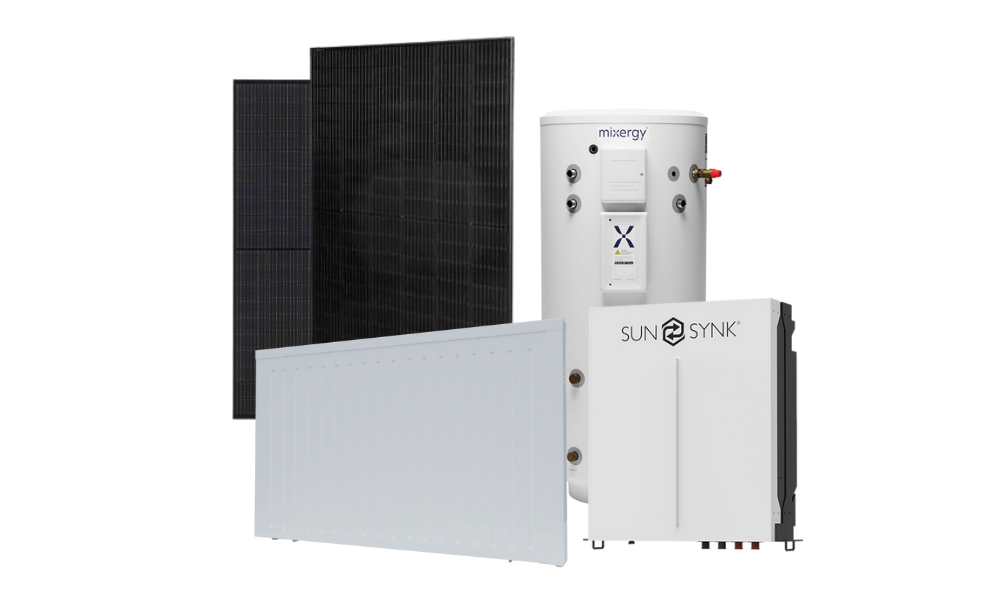
The off grid lifestyle is a way of life that involves disconnecting from the traditional power grid and other public utilities. Off-gridders typically generate their own electricity, collect their own water and store it in a battery (we call it the ZEBRA Solution).
There are many reasons why people choose to live off the grid. Some people do it for financial reasons, as it can be much cheaper to live off the grid than to rely on traditional utilities. Others do it for environmental reasons, as living off the grid can help to reduce your impact on the planet. And still others do it for personal reasons, as they find that living off the grid gives them a greater sense of self-reliance and freedom.
If you’re thinking about living off the grid, there are a few things you need to do to prepare. First, you need to choose a location. There are many factors to consider when choosing a location, such as the climate, the availability of resources, and the various local laws and regulations governing off-grid living.
Once you’ve chosen a location, you need to start planning your infrastructure. This includes things like your power system, your water system, and your waste disposal system. There are many different ways to set up these systems, so you’ll need to do some research to find the best options for your needs.
In addition to your infrastructure, you also need to consider your lifestyle. What are your needs and wants? How much space do you need? What kind of activities do you enjoy? Once you know what you need, you can start planning your off-grid home or cabin.
Living off the grid can be a challenging but rewarding experience. It’s not for everyone, but if you’re looking for a way to live a more fully self sufficient re-sufficient and environmentally friendly life, it’s definitely worth considering.

This is one of the most important decisions you’ll make, as the location of your off-grid home will determine many other factors, such as the climate, the availability of resources, and the regulations governing off-grid living.
This includes things like your power system, your water system, and your battery system. There are many different ways to set up these systems, so you’ll need to do some research to find the best options for your needs. Check out our ZEBRA Solution.
You can either build your own off-grid home or buy one that’s already been built. If you build your own home, you’ll need to make sure that it’s designed to be energy-efficient and sustainable.
This includes things like growing your own food, raising animals, and gathering firewood. You’ll also need to learn how to repair and maintain your off-grid systems.
Living off the grid can be challenging, especially in the beginning. There will be times when you have to deal with power outages, water shortages, and other unexpected problems. However, if you’re prepared for these challenges, you’ll be able to overcome them and enjoy the many benefits of living off the grid.
Financial freedom: Living off the grid can be much cheaper than living on the grid, especially if you’re able to generate your own power and collect your own water.
Environmental benefits: Living off the grid can help to reduce your impact on the planet. You’ll be using less energy and water, and you’ll be producing less waste therefore reducing your carbon footprint.
Self-reliance: Living off the grid can give you a greater sense of self-reliance and freedom. You’ll be responsible for generating your own energy and water.
Peace and quiet: Living off the grid can be a great way to escape the noise and pollution of city life. You’ll be able to enjoy the peace and quiet of nature, and you’ll have more time to connect with yourself and your loved ones.

Learning curve:
There’s a lot to learn about living off the grid, so you’ll need to be prepared to do some research and learn new skills.
Setting up and maintaining your off-grid infrastructure can be challenging, especially if you’re not familiar with the technology involved. You’ll need to choose the right systems for your needs, and you’ll need to make sure that they’re properly installed and maintained.
For example, if you’re planning on using solar panels to generate your electricity, you’ll need to make sure that they’re properly angled and that they’re not shaded by trees or other objects. You’ll also need to make sure that your battery bank is large enough to store enough power for your needs.
If you’re planning on using a well to collect your water, you’ll need to make sure that the well is properly drilled and that the water is clean and safe to drink. You’ll also need to make sure that your water filtration system is working properly.

Living off the grid means being reliant on nature for your resources. This means that you’ll be at the mercy of the weather, and you’ll need to be prepared for unexpected events. For example, if there’s a drought, you might not be able to collect enough water. Or, if there’s a storm, you might lose power.
It’s important to be prepared for these challenges before you decide to live off the grid completely. You should have a plan for how you’ll deal with unexpected events, and you should have a backup plan in case your primary systems fail.
The cost of living off the grid can vary depending on a number of factors, such as the location of your home, the size of your home, how much power used, and the types of systems you use. However, in general, living off the grid can be much cheaper than living on the grid.
For example, if you’re able to generate your own power and collect your own water, you’ll be able to save a significant amount of money on your energy bills. You’ll also be able to save money on your water bill if you’re able to collect rainwater or use greywater.
Of course, there are some upfront costs associated with living off the grid. For example, you’ll need to purchase your off-grid systems, and you’ll need to pay to have them installed. However, these costs will typically be offset by the savings you’ll realize on your energy and water bills.
We have partnered up with leading providers of off-grid heating and hot water solutions. So we created the Zebra off-grid solution. It is a comprehensive system that includes solar panels, batteries, and a smart hot water tank.
The Zebra off-grid solution is designed to provide homeowners with a reliable and sustainable source of energy. The solar panels generate electricity, which is stored in the batteries. The batteries can then be used to have renewable energy sources power your home, even when the sun isn’t shining.
The smart hot water tank is designed to optimize your hot water usage. The tank learns your household’s water and energy consumption patterns and adjusts accordingly, saving energy and reducing wastage.
The Zebra off-grid solution is a great option for homeowners who want to live off the grid or who want to reduce their reliance on the national grid. The system is reliable, sustainable, and efficient.

Reliability: The Zebra off-grid solution is designed to provide homeowners with a reliable source of energy, even when the grid is down.
Sustainability: The Zebra off-grid solution is a sustainable way to generate and store energy. The solar panels generate electricity from the sun, and the batteries store the energy for later use.
Efficiency: The Zebra off-grid solution is an efficient way to use energy. The smart hot water tank learns your household’s water consumption patterns and adjusts accordingly, saving energy and reducing wastage.
If you’re considering living off the grid or reducing your reliance on the grid, Trust Electric Heating’s Zebra off-grid solution is a great option. The system is reliable, sustainable, and efficient. Contact Trust Electric Heating today to learn more about the Zebra off-grid solution.

Living off the grid can be a challenging but rewarding experience. It’s not for everyone, but if you’re looking for a way to live a more self-sufficient and environmentally friendly life, it’s definitely worth considering.
If you’re thinking about living off the grid, there are a few things you need to do to prepare. First, you need to choose a location. Once you’ve chosen a location, you need to start planning your infrastructure. In addition to your infrastructure, you also need to consider your lifestyle.
Living off the grid can be a great way to take modern life and escape the noise and air pollution that of city life. You’ll be able to enjoy the peace and quiet of nature, and you’ll have more time to connect with yourself and your loved ones.
If you’re ready to take the plunge, there are a number of resources available to help you get started. There are books, websites, and even organizations that can help you learn about off-grid and sustainable living and get the information you need to make the transition.
So, what are you waiting for? Start planning your off-grid adventure today!
Tags: General Guides, Understanding Heating.

If you are considering electric heating/electric radiators, then this guide tells you everything you need to know. Discover this modern, sustainable and economical method of heating that gives you complete control and comfort. Download Free Guide now.

*Trust Electric Heating needs the contact information you provide to us to contact you about our products and services. You may unsubscribe from these communications at any time. For information on how to unsubscribe, as well as our privacy practices and commitment to protecting your privacy, check out our Privacy Policy.
Quick installation and a 100 day warmth guarantee. Whether you’re buying one or several radiators, if our radiators don’t heat your room to a minimum of 20 degrees we will undertake to upgrade or replace the radiators free of charge.
Book your free consultation